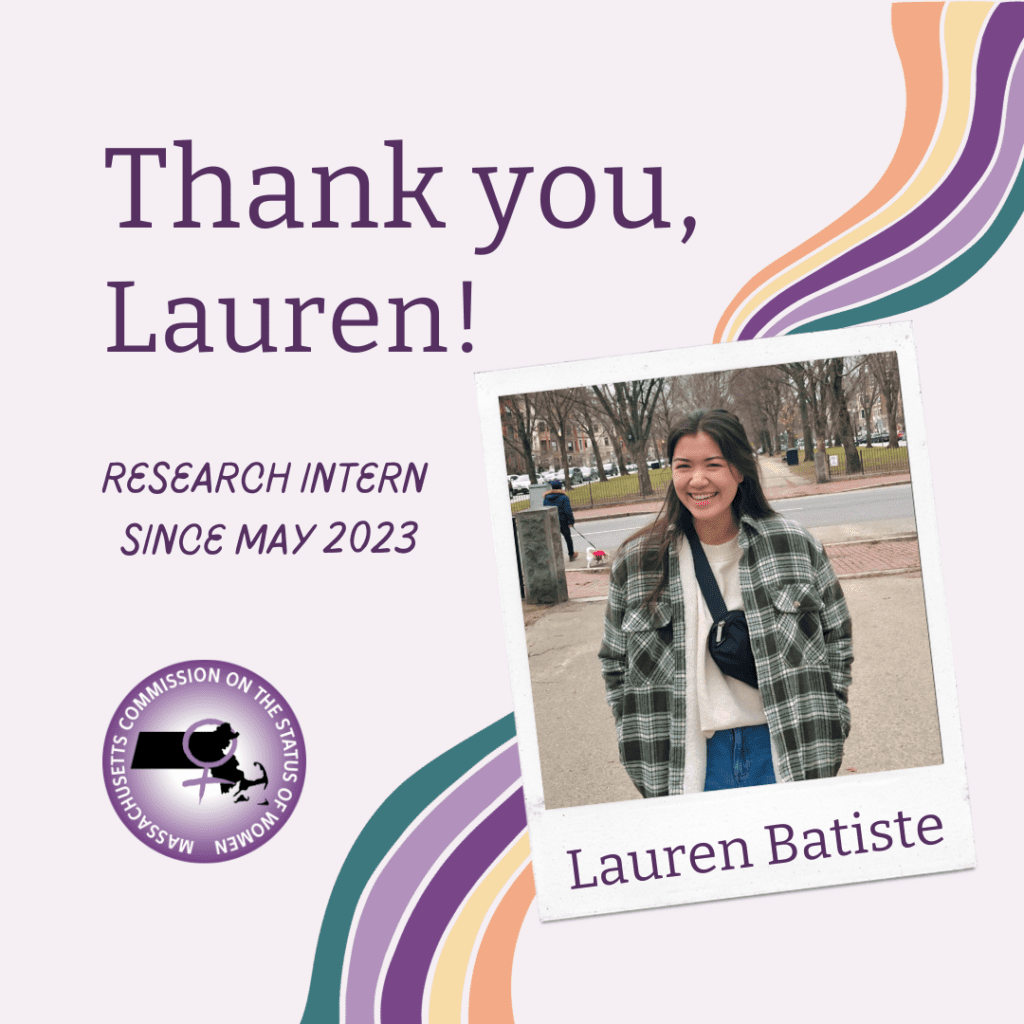News
Transformational Leadership Institute (TLI)

In October, MCSW was proud to partner with iGNITE National and Harvard Women’s College to put on the first ever Transformational Leadership Institute (TLI). The goal of TLI is to empower female and non-binary students of color to become leaders within the college. This institute challenges the agreed-upon idea of leadership that comes from decades of white males being the only example. It makes participants consider their individuality and how their lived experiences factor into their role as a leader.
I had the opportunity to sit down with Heidi Wickersham, the woman who came up with the idea for TLI, to learn more about where the idea started and where she sees it’s progressing. In her role as the Director of the Harvard College Women’s Center, Heidi had a few students of color who were pursuing leadership roles in student government come to her with concerns about their wellbeing. These women were being stalked, threatened, and coerced by their male counterparts to encourage them to vote a certain way and to convince them to do what these men wanted. The first time this was brought up to Heidi, it was framed as a one-off, but this behavior progressed with more women throughout the years and was considered “politics as usual”. This threatening behavior was normalized by the college. Heidi researched this phenomenon for her doctoral program at Northeastern University, exploring the experience of women and nonbinary students of color in student government at Ivy League Institutions. She found a lack of research looking at the intersection of racial and gender identity and its effects on the student experience.
Heidi shared with me the results of her research found that all 10 people she interviewed had a serious decline in mental health as a result of the participation in student government, proving that this experience was not a one-off and there is pattern. The intersection of identity finds the most severe cases of threats. She shared that many participants not only dropped out of student government but took a leave of absence from the college.
I learned that TLI was born as a recommendation from these women and from Heidi’s experience. An opportunity to develop leadership skills for women and nonbinary students of color to empower them to be their own type of leader. An opportunity to talk with other students of color and bolster their confidence in their own identity and what they can bring to the table to give them the skills to protect against the weaponized racism that they face.
To quote Heidi, it was a “dream come true” to be able to partner with iGNITE National and Massachusetts Commission on the Status of Women (MCSW). A combination of a non-profit focused on improving representation in leadership, a government agency and an academic institution, Harvard Women’s College. This combination of partners addresses these specific issues in a way that one institution alone cannot solve. In the future, Heidi sees this program developing to be something institutions nationwide offer to their students in collaboration with MCSW and iGNITE National. iGNITE will host and offer the online credential for the course.
As a graduate student, beginning my career in Public Health, I didn’t think that being a leader was something I could be, given that I am new to the field. I attended this institute as a Research and Advocacy Intern at MCSW. Sitting there, I found that leadership is not defined by experience and that one can be a leader in many ways.
Lauren Batiste
We talked about how everyone’s lived experiences can differ but there are common themes that exist with women, especially women of color. Everyone in the program shared moments of self-doubt and low self-esteem coming from messages sent from society and people above them in their lives. Being able to see women at all levels of their careers, from starting college to directing departments, have had similar thoughts as myself as to their role or their ability to contribute gave me a sense of community and support. I would recommend this institute to anyone, whether you are confident in where you are or have no idea what you’re doing. Participating in this can only serve to make you better and allow you to connect with those around you. Given the sense of security that I felt after this institute in my life path and decisions, I wish this was something I would have had earlier on in my career.
The above blog was written by Lauren Batiste, MCSW Research and Advocacy Intern, December 2023.
